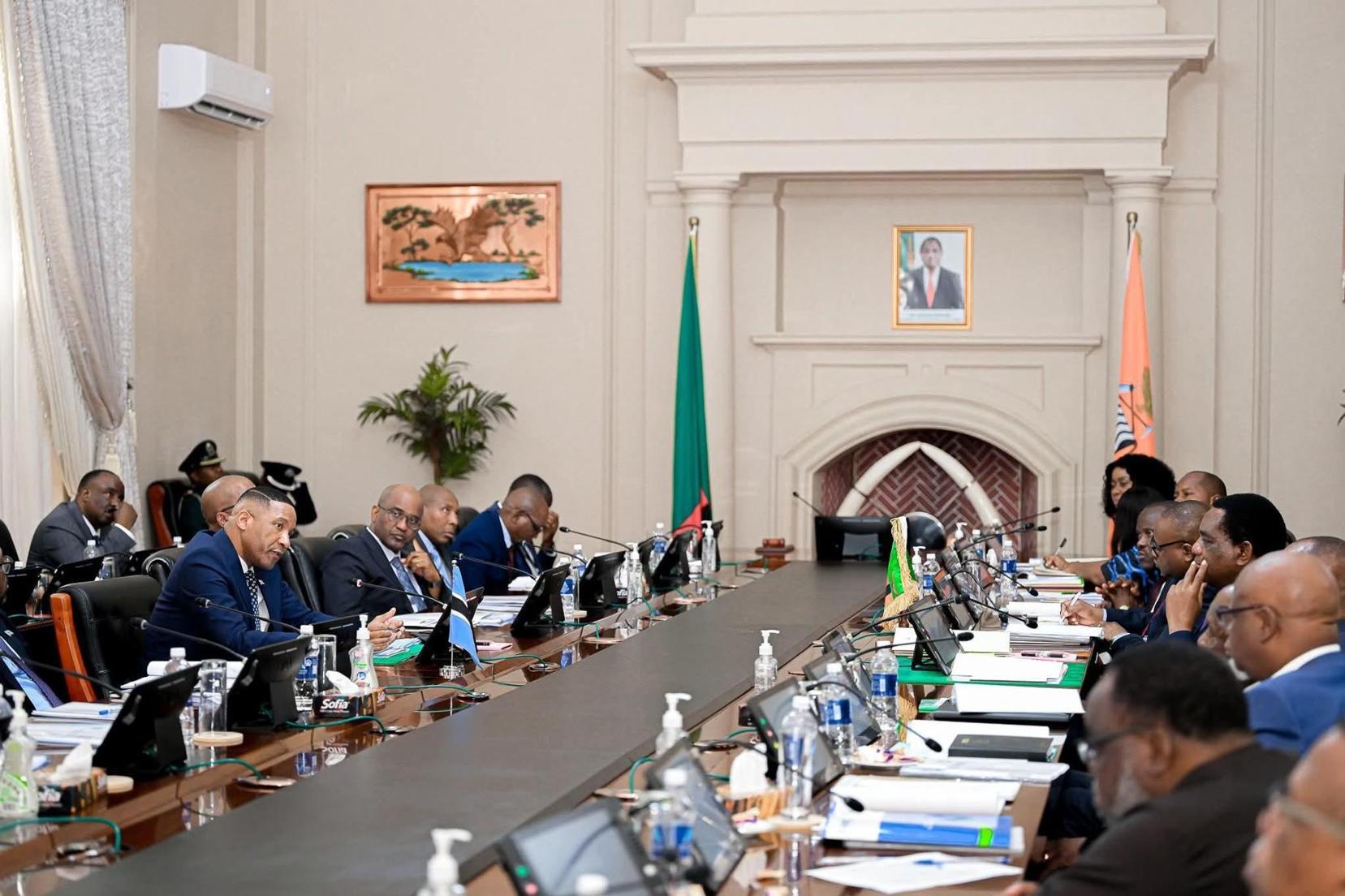Africa-Press – Botswana. Agriculture, which remains fundamental to efforts to realise basic human rights, is under siege from the diverse challenges that continue to plague the sector.
President Advocate Duma Boko said this during Zambia’s 97th agricultural and commercial show on Saturday.
“Droughts, floods, veld fires, degradation of rangelands and invasion of weeds are ravaging harvests, livelihoods and lives,” he said.
President Boko said the agricultural sector was of profound national and global economic value, sustaining lives and livelihoods, and had the capacity to drive inclusive growth, promote dignity, and build community resilience across generations.
“Since climate change is borderless, our response must be both regional, coordinated, intelligent, and unrelenting,” he said, adding that nations should also take practical steps to mitigate against climate change and its devastating effects.
Regarding the show, President Boko said it was an opportunity to renew commitment to bringing about sustainable development, inclusive agricultural transformation, and promoting regional resilience; a direction that Botswana and Zambia had embraced through frameworks such as SADC, the Joint Permanent Commission on Cooperation (JPCC), and the two nations’ inaugural Bi-National Commission.
He said the two nations had also fortified collaboration through Memoranda of Understanding in livestock and crop production, agricultural research and development, climate-smart technologies and investment and trade.
“These are not mere papers. They are pathways for shared survival and prosperity,” adding the two countries were among others harmonising investing in early warning platforms, expanding agricultural research, and jointly confronting trans-boundary pests and diseases.
President Boko also said that Botswana was scaling up research and development and was also adopting and promoting climate-smart practices, modernised irrigation, and solar energy and water harvesting technologies.
These innovations he said, were not luxuries but important lifelines especially since the country was championing conservation farming, agroforestry and the integration of renewable energy into agriculture.
“Our vision is shifting from food security to sovereignty,” he noted, adding that the country was embracing local food systems and indigenous knowledge.
In partnership, President Boko said Botswana and Zambia must build export-oriented agricultural economies to unlock intra-Africa trade and pioneer the kind of growth that was both regenerative and just.
Furthermore, he said youth were not passive bystanders to the effects of climate change, as their innovative approaches could help their nations adapt to changes.
“They are daring to reimagine agriculture, not as inheritance but as innovation. We must empower them with access to land,” he said.
Zambian President Hakainde Hichilema said that this year, Zambian farmers produced the largest yields since independence.
However, he emphasised the need for farmers to focus on irrigation as a strategy to mitigate the impact of climate change.
President Hichilema also donated to President Boko 250 bags each of basal-dressing fertilizer and urea top-dressing fertilizer, as well as 1 200 kilogrammes of maize seed.
For More News And Analysis About Botswana Follow Africa-Press






